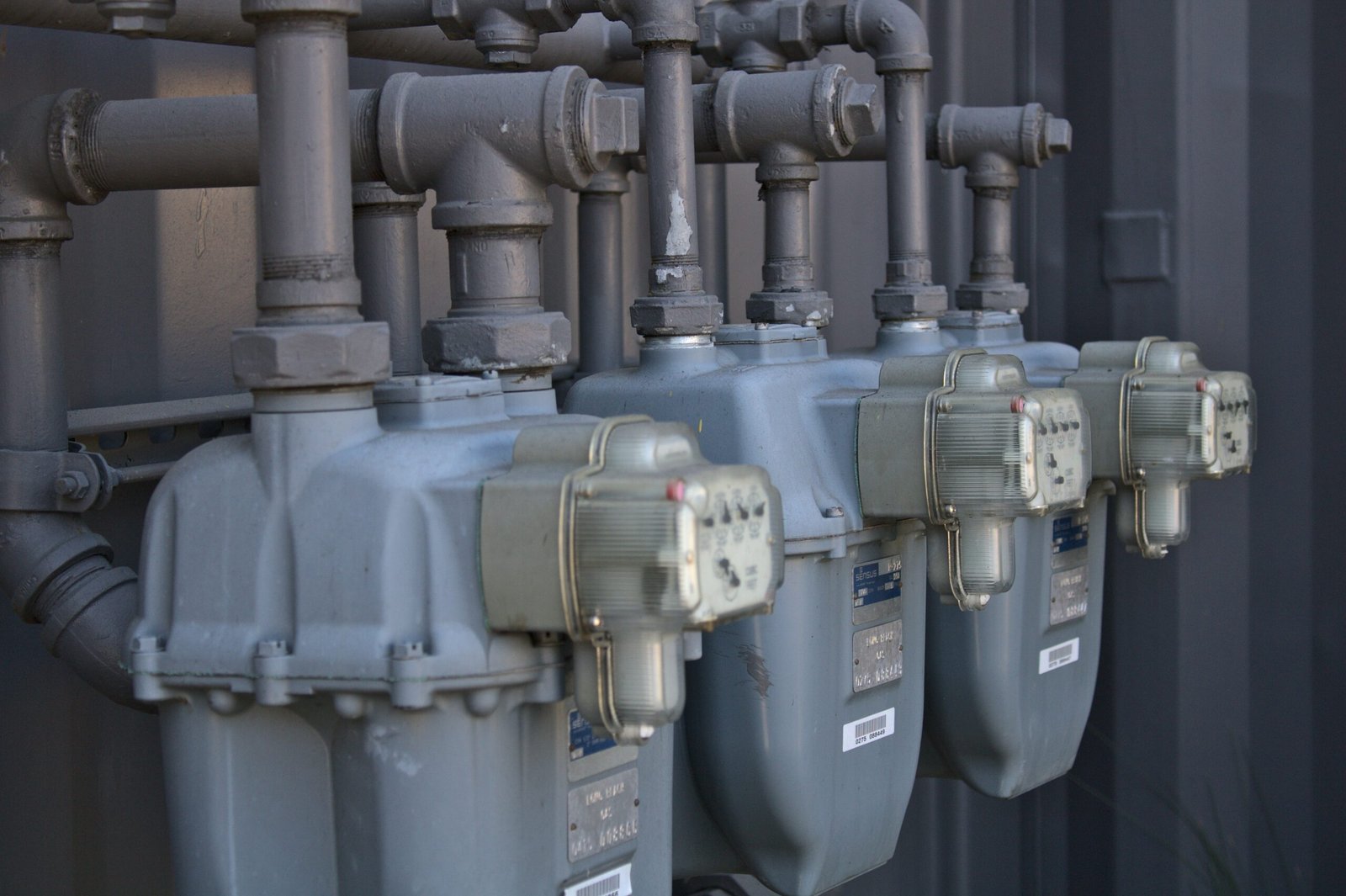Introduction to Precision Measurement Tools
Precision measurement tools are specialized instruments designed to provide accurate and reliable measurements across various domains, including manufacturing, engineering, and scientific research. These tools serve as the backbone for quality assurance, ensuring that products meet predefined specifications and standards. By facilitating precise measurements, they play a crucial role in maintaining the integrity and performance of various systems and processes. Examples of these tools include calipers, micrometers, laser measuring devices, and coordinate measuring machines, which have established themselves as indispensable components in modern industries.
The critical nature of accuracy in measurements cannot be overstated. In sectors such as aerospace, automotive, and electronics, even minor discrepancies can lead to significant failures, potentially jeopardizing safety and resulting in substantial financial losses. Consequently, industries depend on high-performance measurement tools to minimize errors and enhance production efficiency. Traditional methods of measurement, while effective, often present challenges such as operator variability and environmental influences that can affect the results.
These measurement errors have significant implications, ranging from compromised product quality to diminished reliability in experimental data. As industries become increasingly data-driven and automation-oriented, the demand for advanced solutions in precision measurement has surged. The integration of artificial intelligence (AI) in measurement technologies offers the potential to mitigate errors, optimize operational processes, and improve overall accuracy. By leveraging AI-driven algorithms, stakeholders can harness real-time data analysis and predictive maintenance strategies, enhancing the reliability of precision measurement tools. This evolution reflects a pivotal shift towards not only achieving but also ensuring exceptional accuracy in measurement processes across multiple fields.
The Role of AI in Enhancing Precision Measurement
Artificial Intelligence (AI) plays a pivotal role in the evolution of precision measurement tools, fundamentally altering how data is collected, analyzed, and utilized across various industries. Technologies such as machine learning, computer vision, and advanced data analytics are being seamlessly integrated into measurement devices, thus enhancing their capabilities significantly. This integration allows for a more sophisticated approach to measurement, elevating the standards of precision and reliability.
Machine learning algorithms, for instance, enable measurement tools to improve accuracy over time by learning from past measurements and identifying patterns in data. This continuous learning process enhances the device’s ability to minimize errors and detect anomalies, which is crucial in fields where precision is paramount, such as manufacturing, construction, and healthcare. Furthermore, computer vision technologies are redefining how measurements are visually captured and interpreted. By utilizing high-resolution imaging and pattern recognition, these tools can extract crucial quantitative data from complex images, offering operators insights that were previously unattainable.
The ability of AI to analyze vast datasets in real-time is another significant enhancement. Traditional measurement methods often struggle with large quantities of data, leading to delays and potential misinterpretations. AI systems can process and assess massive amounts of information instantaneously, enabling faster decision-making and improving operational efficiency. This real-time data processing capacity is particularly beneficial in dynamic environments where conditions can change rapidly, ensuring that measurement outcomes are always relevant and precise.
In summary, the integration of AI in precision measurement tools not only boosts speed and accuracy but also transforms the decision-making landscape. As industries increasingly depend on these advancements, the potential for improved performance and productivity becomes evident, marking a significant milestone in the realm of precision measurement.
Case Studies: AI-Driven Precision Measurement Innovations
Artificial Intelligence (AI) has been a catalyst for change in various sectors, particularly in enhancing precision measurement tools. In manufacturing, the integration of AI technologies in CNC (Computer Numerical Control) machines has led to significant improvements in measurement accuracy. These AI-enhanced systems utilize real-time data analysis to adjust and calibrate machinery dynamically, ensuring that every component is manufactured to exact specifications, which minimizes waste and maximizes productivity. Such advancements have set a new industry standard, demonstrating the tangible benefits of AI applications in precision measurement.
In the healthcare sector, precision measurement tools powered by AI have transformed diagnostic processes. For instance, imaging technologies, such as MRI and CT scans, are increasingly incorporating AI algorithms that analyze images with remarkable precision. These systems assist radiologists by identifying anomalies that may go unnoticed, leading to earlier detection of diseases. Consequently, the implementation of AI in medical imaging has not only improved measurement accuracy but also streamlined workflow, thereby reducing operational costs associated with misdiagnosis and delayed treatments.
Aerospace industries are also reaping the benefits of AI-driven precision measurement. Advanced avionics systems use AI to process vast amounts of sensor data, refining measurements that ensure aircraft performance remains within safe parameters. For example, predictive maintenance powered by AI algorithms can monitor structural integrity in real time, leading to timely interventions that prevent costly delays in operations. This innovative approach not only enhances accuracy but also significantly reduces maintenance costs, exemplifying how AI is revolutionizing precision measurement in critical applications.
These case studies exemplify the exceptional capabilities that AI brings to precision measurement tools across various industries. By improving accuracy, reducing operational costs, and enhancing efficiency, AI innovations pave the way for future advancements in this field.
Future Trends and Challenges in AI and Precision Measurement
The future of precision measurement tools is being profoundly shaped by advancements in artificial intelligence (AI). As industries increasingly adopt AI technologies, the evolution of measurement tools will likely continue to accelerate, offering enhanced accuracy and efficiency. One notable trend is the integration of machine learning algorithms into measurement systems, enabling real-time data analysis and adaptive responses to dynamic environments. This capability allows for smarter devices that can learn from past measurements, significantly improving operational efficiencies across various sectors such as manufacturing, healthcare, and environmental monitoring.
Another emerging trend is the enhanced data processing capabilities provided by AI. With the introduction of powerful data analysis techniques, precision measurement tools can now handle vast amounts of data, discerning complex patterns that may not be apparent through traditional means. As a result, organizations can achieve greater insights, leading to better decision-making processes based on precise and accurate measurements.
However, the adoption of AI in precision measurement also brings challenges that must be addressed. One significant concern is data privacy. As these tools often collect sensitive information, ensuring the security of data becomes paramount. Organizations will need to implement robust cybersecurity measures and comply with privacy regulations to protect user information. Additionally, there is a growing need for skilled professionals who can navigate the interplay between AI and precision measurement technologies. Training programs and educational initiatives will be essential to equip the workforce with the necessary expertise to leverage these innovative tools effectively.
Industries must also remain flexible and adaptable to changes stemming from AI advancements. Future-proofing measurement processes and embracing continuous innovation will be crucial as technology evolves. By addressing these challenges and capitalizing on emerging trends, businesses can ensure that they are not only keeping pace with advancements in AI but also thriving in a rapidly changing landscape.









